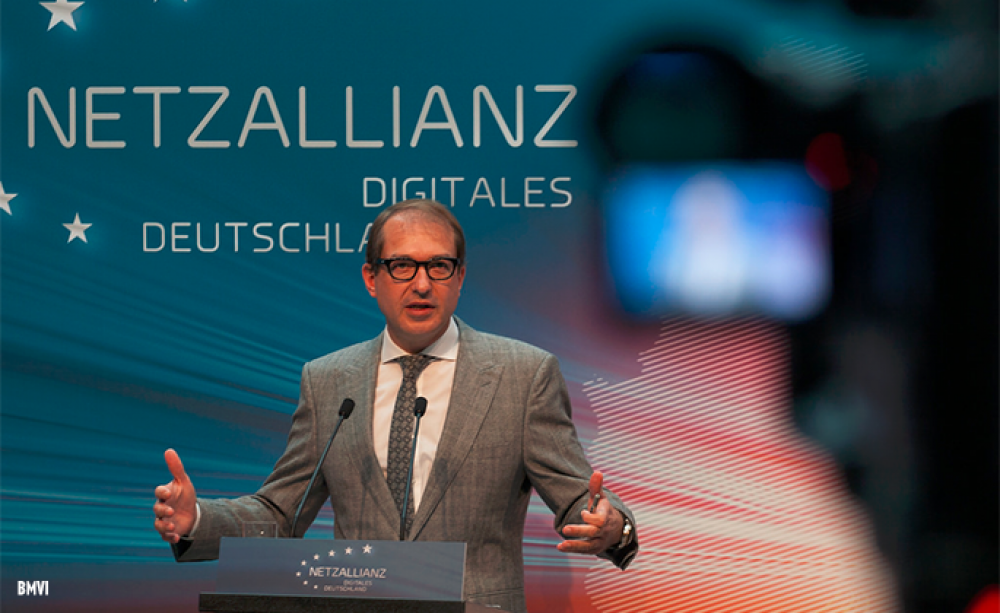Beware the Siren Song from IT Nationalists

We can use national technology to protect the data of citizens, companies and governments from foreign surveillance and espionage and at the same time build up a strong and competitive IT industry in Germany and Europe. This is the promise of the advocates of proposals to regain “technological sovereignty“ such as data localization, local routing (so-called ”Schengen routing“) and exclusively local sourcing of IT products (”IT Security Made in Germany“). German politicians, under huge pressure following the Snowden leaks in the summer of 2013, fell for what seemed like an irresistible offer. For example, in late 2013 the newly minted minister for digital infrastructure, Alexander Dobrindt, threw his support behind the idea of “Schengen routing.” He and other politicians talked about the millions in subsidies that were needed to get the European IT industry off the ground. European market leaders such as Deutsche Telekom were ecstatic about the proposals for “technological sovereignty,” eying millions of euros in government contracts and subsidies. There were also a number of IT security experts who already saw themselves engaging million-strong consulting gigs and receiving massive third-party funds from an industry awash with subsidies.
But the deal is not on. In 30 pages, a new EU-funded study by GPPi and the New America Foundation with the title Technological Sovereignty: Missing the Point? details why. Most of the measures suggested under the label “technological sovereignty” do not in fact contribute to greater data security. This is because most neglect the fact that data privacy and security do not primarily depend on where data is stored or sent but how data is stored and transmitted. As a result, most measures would provide a false sense of security at best, while often running counter to the principles of an open and free internet to which Germany and the EU have committed themselves. As regards industrial policy, the grand designs of the IT nationalists are nothing more than blueprints for wasting millions in taxpayer euros. In the meantime, these realizations seem to have sunk in with German policymakers. Recently, the German government has kept quiet on proposals such as “Schengen routing.” The IT nationalists are very much alarmed by this and aim to counter the tide by hitting out at their critics. One example is Sandro Gaycken’s one-page treatise in the 28 November edition of Handelsblatt, the leading German business daily. For Gaycken, the GPPi-New America study is nothing more than “propaganda from Silicon Valley.” Gaycken’s logic is simple: US technology behemoths fund and therefore control “half-shady“ think tanks that in turn feed ”PR in academic disguise” to a credulous German public. Evidently they do so with roaring success. Eco, the association of the German IT industry, has come out against the proposals of the IT nationalists that run counter to the interests of many globally active German companies.
It is a shame that Gaycken wastes two thirds of his piece on shrill smear attacks against GPPi, New America and the other villains in the huge US-directed conspiracy against European public opinion that he claims to have uncovered. As a consequence, his piece is nearly devoid of any factual arguments countering the well-documented findings of the GPPi-New America study. His treatment of encryption technologies, which we recommend as a promising tool for greater data security, is particularly revealing. Instead of engaging with our arguments for greater use of encryption, Gaycken dismisses the proposal simply because encryption is compatible with the business model of Silicon Valley companies. This is narrow-mindedness on steroids – undermining the prospects for a broad and substantial debate on data security and a workable industrial policy for the IT sector that Germany and Europe desperately need. The siren song from the IT nationalists only leads us down a very costly blind-alley.
…
A modified German language version of this piece runs in the 2 December 2014 edition of Handelsblatt.







